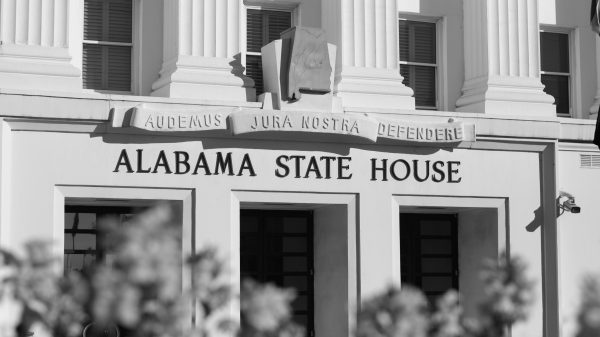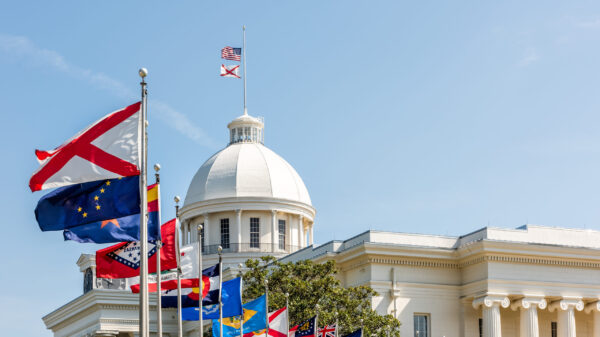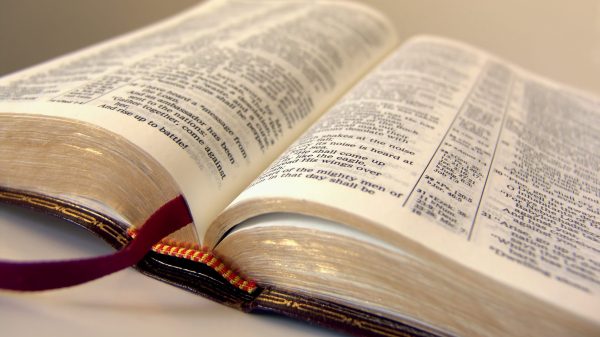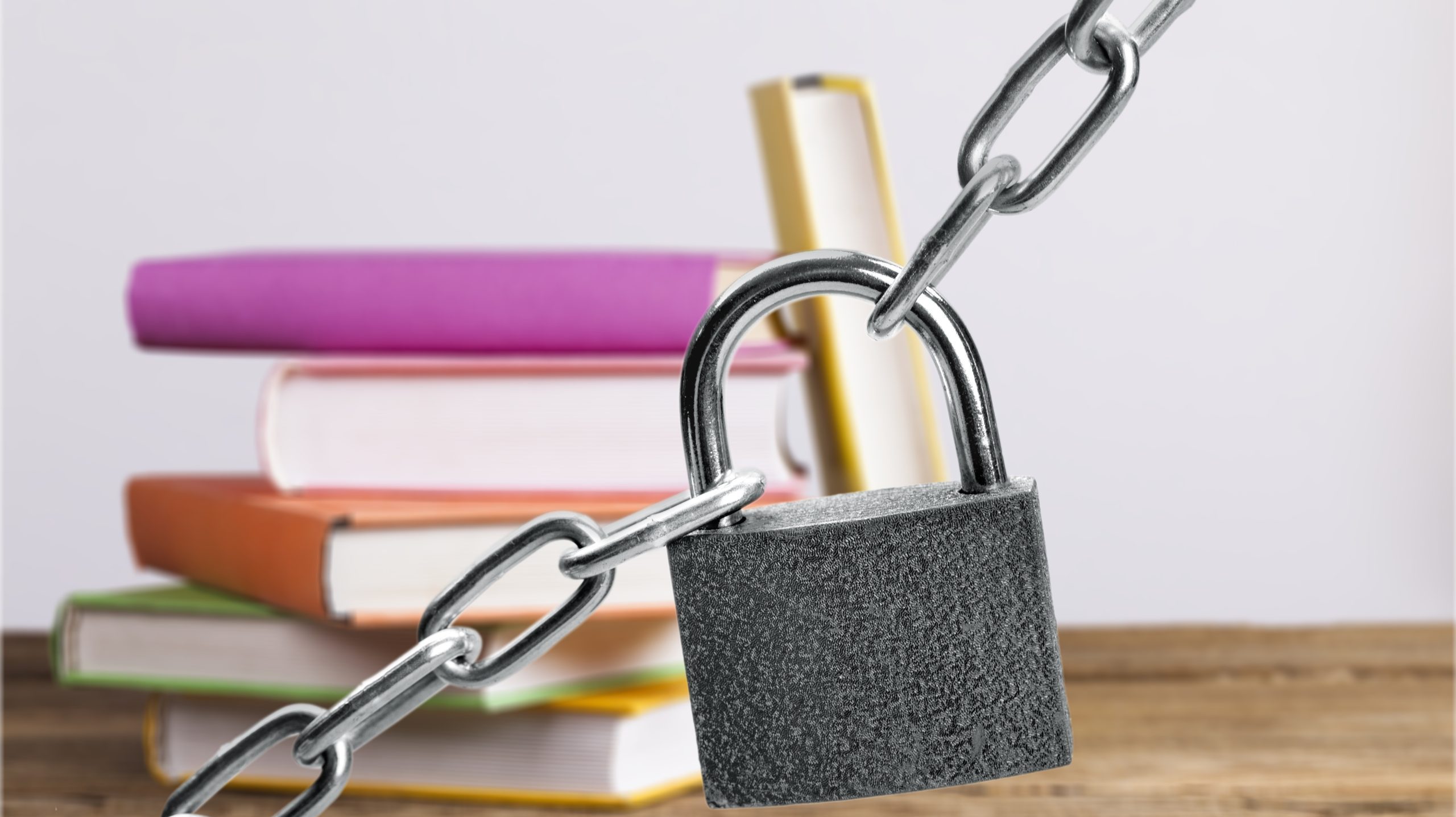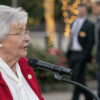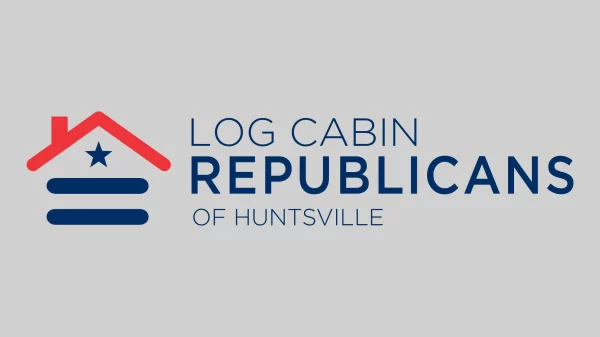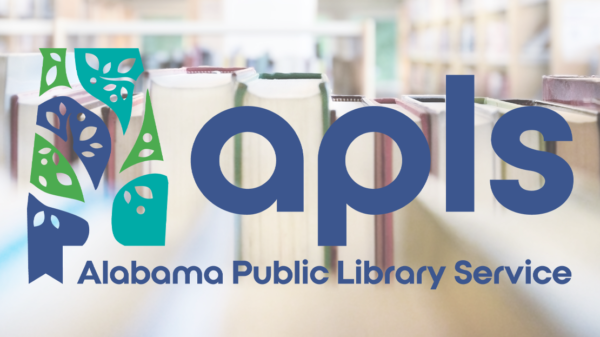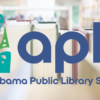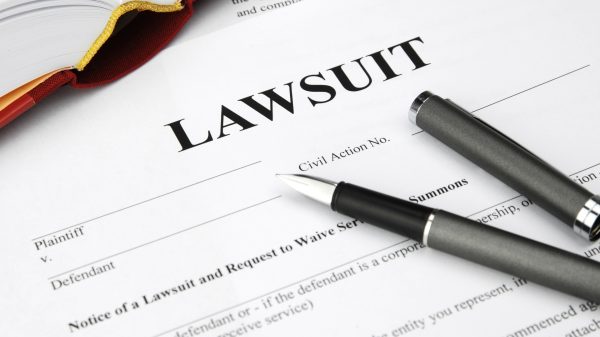|
Getting your Trinity Audio player ready...
|
As the latest fight over censoring LGBTQ books took place in Ozark Wednesday, the Alabama Library Association condemned the recent surge in censorship attempts.
“The Alabama Library Association (ALLA) has watched with concern the growing number of organized attempts at censorship and suppression in schools and libraries in the State of Alabama and across the country,” the ALLA said in an official statement Wednesday. “Many of these attacks are targeting materials and programs that address race, racism, sexual orientation, and gender identity and expression. In some instances, challengers have requested the destruction of material they deem contradicts their personal beliefs. Even more concerning, we have noted the increase in public harassment, verbal attacks and threats to library employees and board members.”
The Alabama Legislature has had some discussion of books in schools, and Gov. Kay Ivey forced the resignation of Dr. Barbara Cooper, secretary of the Department of Early Childhood Education, over a “woke” teacher resource book.
But the conversation has quickly shifted to public libraries in the months since the legislative session ended.
A group of citizens in Prattville began challenging books in February, and have blasted the library board, city council and county commission for doing too little to act. Ozark’s library board just held an emergency meeting to discuss a plan of action after Mayor Mark Blankenship called to defund the library if it doesn’t move LGBTQ books. And similar issues have cropped up in North Shelby County, Foley, Mobile, Dothan and more are sure to follow.
The ALLA statement said this uptick in action have “often been fueled by misinformation and misrepresentation of how libraries operate.”
“Library workers are trained to curate collections that are designed to be inclusive,” the statement reads. “As information service providers, we are guided by the tenets of intellectual freedom, and our ethical responsibilities to uphold the First Amendment of the Constitution of the United States of America. Through careful consideration and rigorous training, librarians and library workers are equipped to make selection decisions that represent a balance of the spectrum of knowledge.”
The group in Prattville, now calling itself “Clean Up Prattville,” has expanded to push the issue statewide under the name “Clean Up Alabama.” They have the ear of ALGOP chairman John Wahl, who has suggested that the Alabama Public Library Service, of which he is a board member, cut all ties with the American Library Association despite few official connections between the two organizations.
That move follows the lead of other states, who have cut ties with the ALA in part due to the current president self-identifying as a “Marxist lesbian.”
On X (formerly Twitter), Clean Up Alabama posted the ALLA statement and equated the state organization with the ALA, and continued the claim that the ALA supports “free and unrestricted access to porn and sexualized material.”
Matthew Layne, ALLA president-elect, said that claim is “absurd and offensive.”
“Libraries are not carrying pornography, at least not any library that I’ve ever been to in my lifetime,” Layne said.
The statement reflects ALLA’s respect for parental rights over what their own children read, but not for limiting others.
“We acknowledge the right and responsibility of parents and guardians to guide the reading choices of their children,” the ALLA said in its statement. “Such rights should not in any way inhibit the rights of others to read or view materials of their choosing.
“We reject past, current, and future efforts to remove access to materials from consenting readers. Concerted efforts by groups who disavow racial equality, self-determination, and/or gender identity and expression, undermines intellectual freedom. In addition, such efforts inhibit knowledge and place barriers to learning.”
Groups such as Clean Up Prattville have at times rebuffed the notion that they are “book banners” and have said they only want the books in question moved out of the young adult section, although that has not always been the case across the board.
But Layne said even moving these books from the young adult section to the adult section is a form of censorship.
“When you move something out of reach of a group or individual who needs access to it, you’re censoring it,” Layne said. “That’s the long and short of it. Obviously we do break things into different categories. Don’t have adult materials down in children’s section or vice versa. When going through that collection practice, we’re looking at what the target audiences are for an individual item.”














